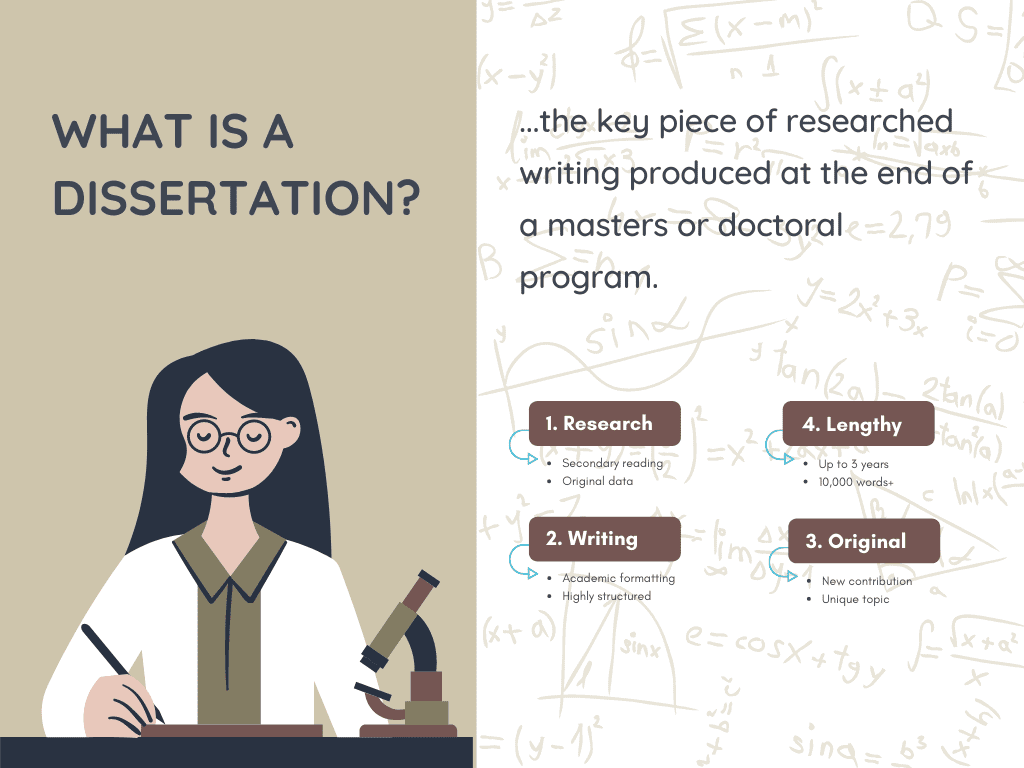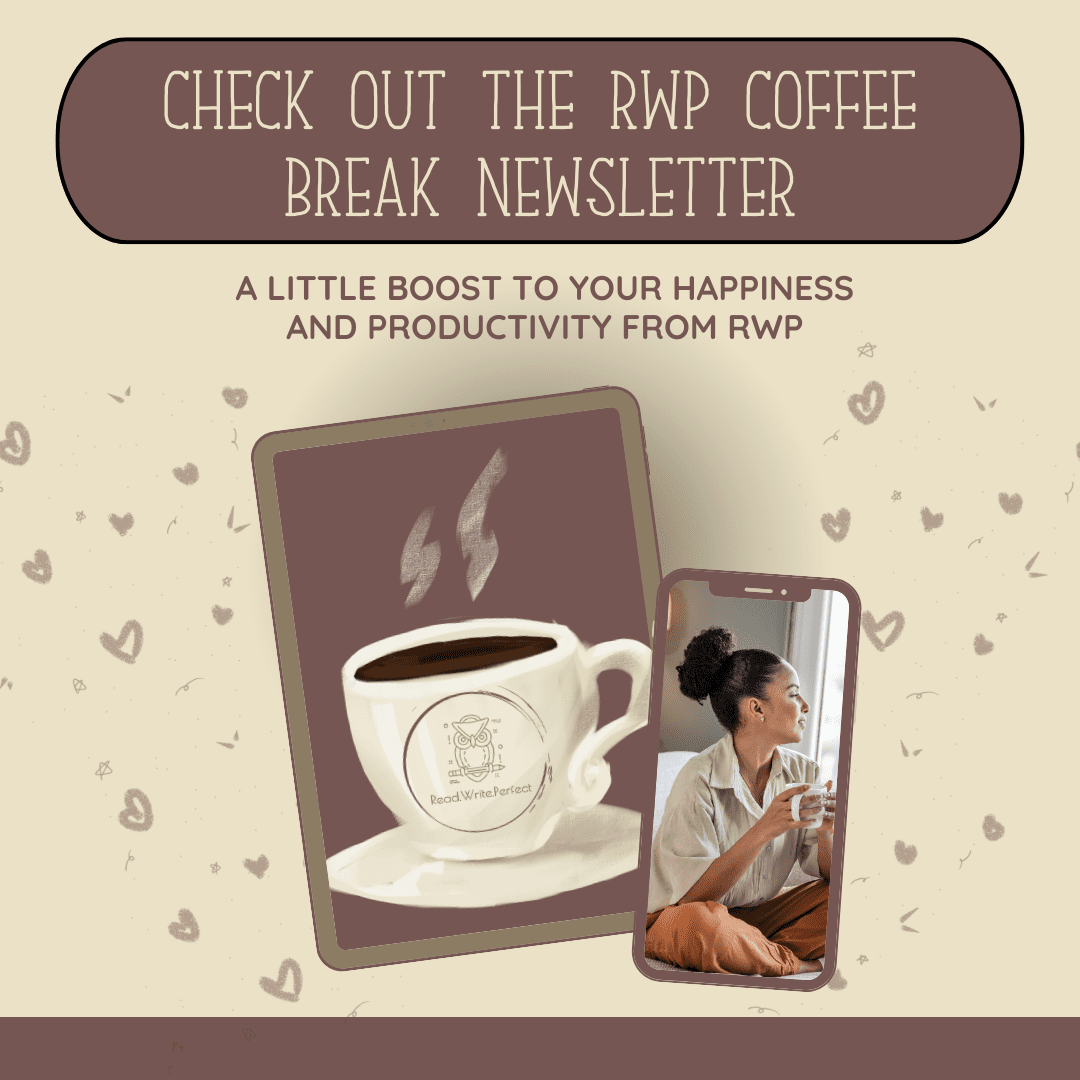

In countries that follow a British higher education system, the dissertation is usually referred to as a thesis – one more oddity to be aware of.
But what exactly does “dissertation” mean?
Think of your dissertation as the written version of everything important you have learned during your degree. Your dissertation presents the findings of your research project, but it also proves you have mastered conventions like academic formatting and research design, demonstrates your writing and research competence, and stands as a testament to your dedication.




In my experience, a failure to understand these differences is one of the leading causes of grad-student misery. Let’s look at some of them in a nutshell.
1. A dissertation topic is not given to you by your instructor.
Your basic college essay exists to prove you have mastered whatever topic your instructor is covering with you, so your instructor usually tells you what to write about. Your job isn’t to come up with anything new – you are simply proving you have grasped the existing information. However, a graduate degree is about your new and original contribution to your field, so by extension, your dissertation is about sharing new knowledge. It’s up to you to decide what that contribution will be – so you get to pick your dissertation topic.
2. A dissertation is highly structured.
Most college essays are pretty basic: introduction, body paragraphs, and conclusion. So long as you remember to support the body with sources and analyze your evidence, you are usually in good shape. A dissertation, in contrast, usually contains specific elements that are not found in most college essays. These may include elements like the problem statement, literature review, methodology, and limitations. There are also lots of different types and formats – see, for example, Amber Insights’ cool video on Traditional vs. Multi-Article Dissertations. Expect to re-adjust your understanding of academic writing when you begin your dissertation.
3. Just a few relevant sources will not be good enough.
See item 1. When you write a college essay, you usually look for a few expert sources that support what you already know. Because a dissertation presents new knowledge, however, the same approach to sources simply won’t cut it. To write a dissertation, you will need to read ALL the relevant sources on your topic, as well as working with your own original data. By the end of your dissertation, you will be the expert on your topic.




In fact, in UK institutions, it is a minimum of three years, and most students take longer.
Why? See items 2 and 3 above – dissertation writing involves a LOT of secondary research, data collection and analysis, and study design before you can even begin to sit down to write. This is one reason a vast majority of dissertation students take even longer than the minimum specified by their institution.
Want to see what one looks like? The annotated examples on the OpenAcademics website can give you a little taster of what you’re getting into.
Can you write a dissertation faster? Sure. But it won’t be quality work, and that will eventually lead to problems later down the line.



1 Brush up on your academic formatting. Knowing how to write references and citations for books, journal articles, and web-pages in the predominant style in your field, without having to stop and look up the details every five minutes, will save you a lot of time and headaches.
2 Get familiar with research methods. This will help you feel confident when designing your research study (and that confidence will make writing about it much easier). There are a lot of very thorough books out there – find one, invest in it, and then read it slowly and carefully.
3 Read widely in your field. That thing I said about reading ALL the relevant sources – yep, I really meant it. Start early – identify the journals and top authors and get reading. You’ll soon get a feel for what’s a hot topic in your field right now, what questions are being asked (that you could answer with your research), and what the key theories, methods, and source are to be familiar with (because everyone else is using them too).
4 Create a system. Having a good system for organizing your reading notes, data, deadlines, and so on, is essential to staying on track. Find a system that works for you now—before you begin work on the mammoth project of a dissertation.
5 Find your people. To survive your dissertation intact, you are going to need (or at least really appreciate) awesome mentors, understanding friends, useful allies & colleagues, and sympathetic family members. Start grooming and gathering them ahead of time (planning how you will thank them later is also a fantastic dissertation-procrastination activity).



If, after reading this, you are still psyched, then that’s a good sign that a graduate degree is the right step for you.
And if you feel overwhelmed… well, remember, you won’t be doing it alone (see item 5).

